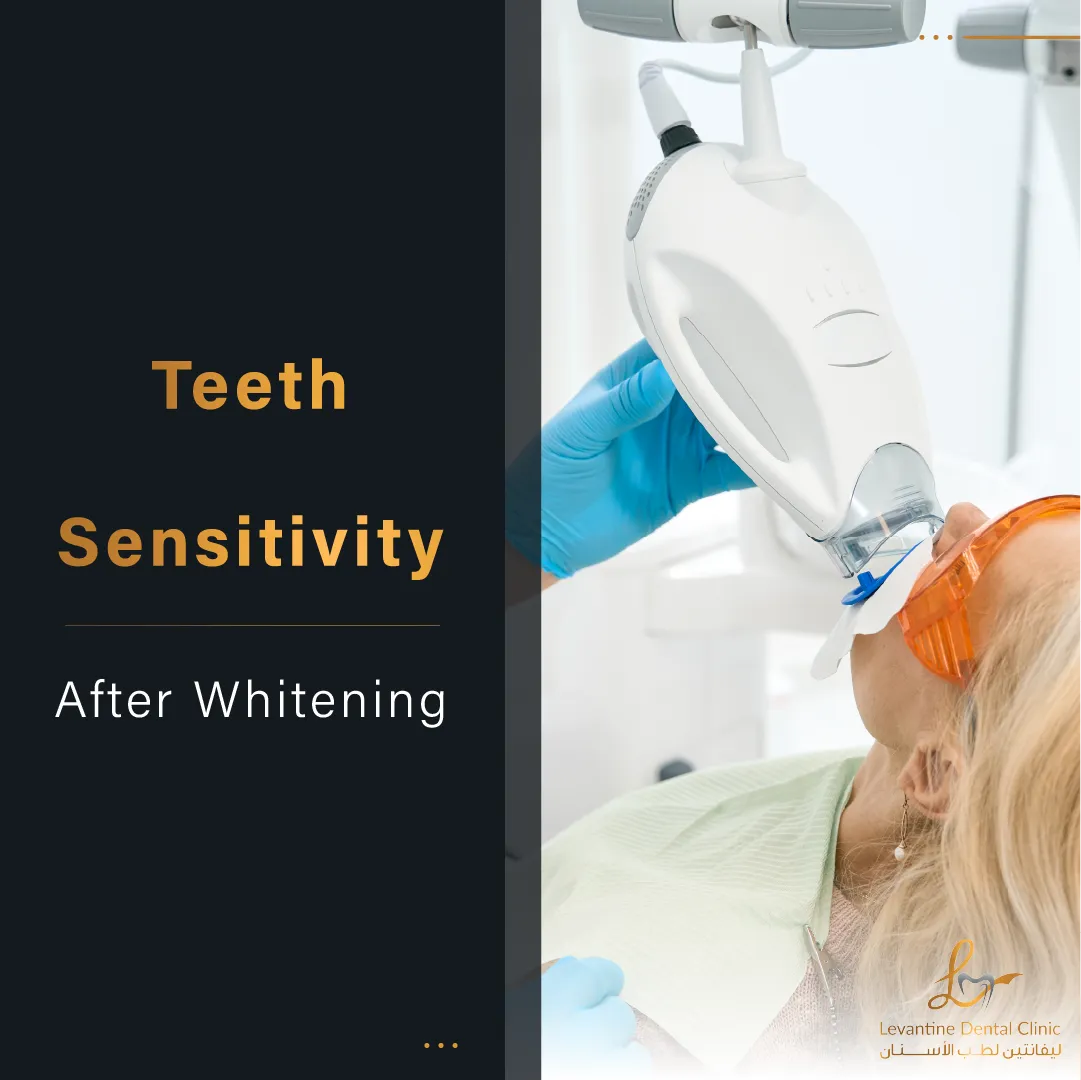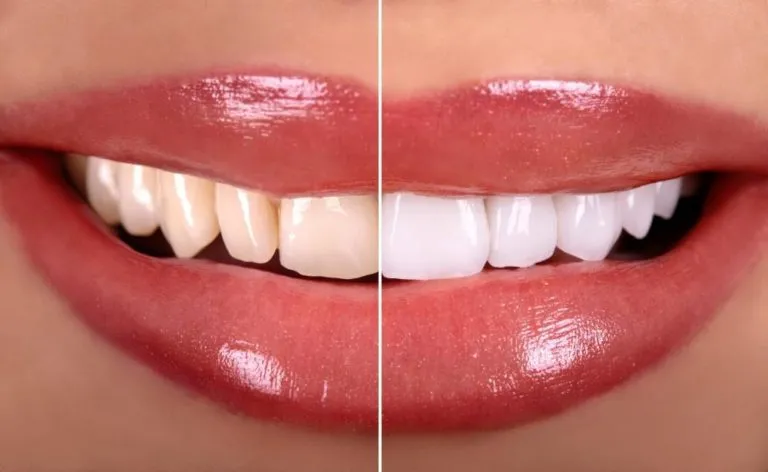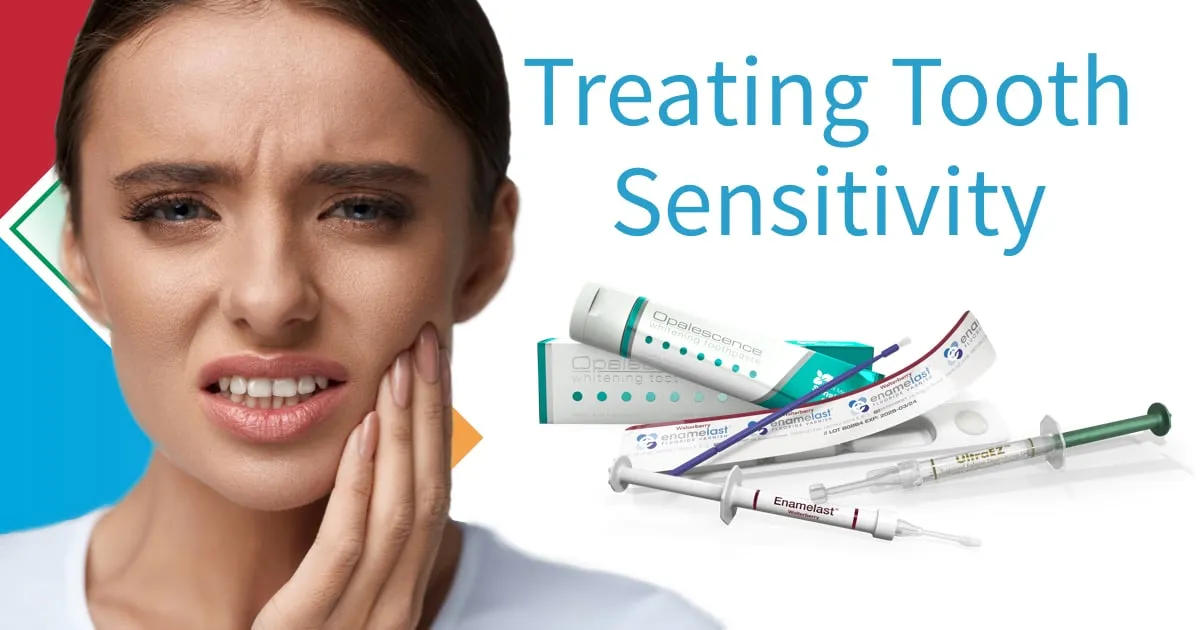What is Gum Sensitivity After Whitening?
Gum sensitivity after whitening is a common but temporary side effect experienced by many individuals undergoing teeth whitening treatments. It’s characterized by a sharp, shooting pain or discomfort in the teeth and gums, often triggered by hot, cold, sweet, or acidic foods and beverages. This sensitivity arises because the whitening agents, typically hydrogen peroxide or carbamide peroxide, can penetrate the enamel and reach the dentin, which contains nerve endings. This process can irritate the nerves, leading to heightened sensitivity. The intensity of the sensitivity varies from person to person, ranging from mild discomfort to more pronounced pain. Understanding this phenomenon is crucial for managing expectations and taking appropriate measures to alleviate the discomfort during and after the whitening process.
Causes of Gum Sensitivity After Whitening
The primary cause of gum sensitivity after whitening is the chemical reaction of the whitening agents. These agents, which are designed to break down stains on the teeth, can also irritate the soft tissues of the gums and the sensitive dentin beneath the enamel. The concentration of the whitening agent, the duration of its contact with the teeth, and the individual’s natural tooth sensitivity all play a role in the severity of the sensitivity experienced. Additionally, pre-existing conditions such as gum recession, thin enamel, or small cracks in the teeth can exacerbate the issue, as these conditions expose more of the sensitive dentin. Improper application of whitening products, such as using too much gel or using trays that don’t fit properly, can lead to increased contact with the gums and greater sensitivity. It is also important to note that some individuals may have a natural predisposition to sensitive teeth.
Over-the-Counter Whitening Products

Over-the-counter (OTC) whitening products, such as whitening strips, gels, and toothpastes, are readily available and often more affordable than professional treatments. These products generally contain lower concentrations of whitening agents, which means they may cause less sensitivity than in-office treatments. However, even with lower concentrations, sensitivity can still occur. If you’re prone to sensitive teeth, it’s essential to use OTC products with caution. Look for products specifically designed for sensitive teeth, which contain ingredients like potassium nitrate, known to help block pain signals to the nerves in the teeth. Always follow the product instructions carefully, and avoid using whitening products excessively. If sensitivity persists or worsens, discontinue use and consult your dentist. It’s also worth noting that the effectiveness of OTC products can vary, and they might not provide the same level of whitening as professional treatments.
Professional Whitening Procedures
Professional teeth whitening procedures, performed by a dentist, typically involve higher concentrations of whitening agents than OTC products. This results in faster and more dramatic whitening results, but also often leads to a higher likelihood of gum sensitivity. During a professional treatment, the dentist will take measures to protect the gums, such as using a protective barrier or a rubber dam. Despite these precautions, some sensitivity is still common. The dentist can also provide treatments to alleviate sensitivity, such as fluoride applications. In-office whitening procedures may use light or laser activation to accelerate the whitening process. After the procedure, the dentist may recommend specific products or practices to manage any sensitivity, and advise on how to maintain the results. The dentist can also assess your oral health and determine the most appropriate whitening approach for your specific needs and sensitivity levels.
How Long Does Gum Sensitivity Last?
The duration of gum sensitivity after whitening varies from person to person, but it is typically temporary. In most cases, sensitivity subsides within a few days to a couple of weeks after the whitening treatment is completed. The exact timeframe depends on several factors, including the type of whitening procedure, the concentration of the whitening agent used, and your individual tooth sensitivity. Some individuals may experience only mild discomfort that resolves quickly, while others may experience more intense sensitivity that lingers longer. If sensitivity persists for more than a few weeks, or if it worsens over time, it is crucial to consult your dentist. They can evaluate your condition and recommend appropriate treatments to address the issue. It’s important to be patient and follow the dentist’s recommendations for managing the sensitivity during the recovery period.
Treatments and Remedies for Gum Sensitivity

Several treatments and remedies can help manage gum sensitivity after whitening. Over-the-counter products like toothpastes and mouthwashes designed for sensitive teeth, containing ingredients such as potassium nitrate or stannous fluoride, can help block the nerve signals that cause pain. Using a soft-bristled toothbrush and brushing gently can also minimize irritation. Your dentist may recommend fluoride treatments, either in the form of professional applications or prescription-strength fluoride toothpaste. Fluoride strengthens the enamel, making teeth less susceptible to sensitivity. In some cases, dentists might suggest desensitizing agents, which can be applied to the affected areas. Avoiding trigger foods and drinks, such as hot, cold, sweet, and acidic items, can also help prevent sensitivity. If the sensitivity is severe, your dentist may prescribe pain relievers or recommend other interventions to provide relief and promote healing.
Home Remedies for Gum Sensitivity
In addition to professional treatments, there are several home remedies that can help ease gum sensitivity after whitening. Rinsing your mouth with lukewarm salt water can reduce inflammation and soothe the gums. Applying a small amount of clove oil to the sensitive areas can provide temporary pain relief, as clove oil has natural anesthetic properties. Drinking plenty of water helps to keep the mouth hydrated and can reduce sensitivity. Avoid using harsh or abrasive toothpastes, as these can worsen sensitivity. Instead, opt for a toothpaste specifically designed for sensitive teeth. Consider using a straw when consuming acidic beverages to minimize contact with your teeth. It’s essential to practice good oral hygiene, but avoid over-brushing or brushing too aggressively, as this can also irritate your gums. Remember that home remedies are often temporary solutions, and it’s crucial to consult your dentist if the sensitivity is severe or persistent.
When to See a Dentist
While some gum sensitivity after whitening is normal, it’s essential to know when to seek professional dental advice. You should schedule an appointment with your dentist if the sensitivity is severe, lasts longer than a few weeks, or worsens over time. Other warning signs include increased pain, swelling of the gums, or any signs of infection. If you experience any unusual symptoms or changes in your oral health, don’t hesitate to consult your dentist. They can evaluate your condition, determine the underlying cause of the sensitivity, and recommend the most appropriate treatment. Regular dental check-ups are crucial for maintaining good oral health and addressing any potential issues promptly. Your dentist can also provide personalized advice on how to manage sensitivity and maintain the results of your teeth whitening treatment.
Preventive Measures to Avoid Gum Sensitivity

Several preventive measures can reduce the risk of developing gum sensitivity after teeth whitening. Before undergoing any whitening treatment, consult your dentist. They can assess your oral health and identify any potential risk factors, such as gum recession or thin enamel. If you have a history of sensitive teeth, your dentist may recommend a desensitizing treatment before whitening. During the whitening process, follow all instructions carefully, and avoid over-whitening. Use a whitening product with a lower concentration of hydrogen peroxide or carbamide peroxide, especially if you are prone to sensitivity. Maintain excellent oral hygiene, including regular brushing and flossing, but avoid brushing too hard. Consider using a toothpaste specifically designed for sensitive teeth before, during, and after the whitening treatment. Regular dental check-ups and cleanings are also essential for maintaining optimal oral health and preventing gum sensitivity.
